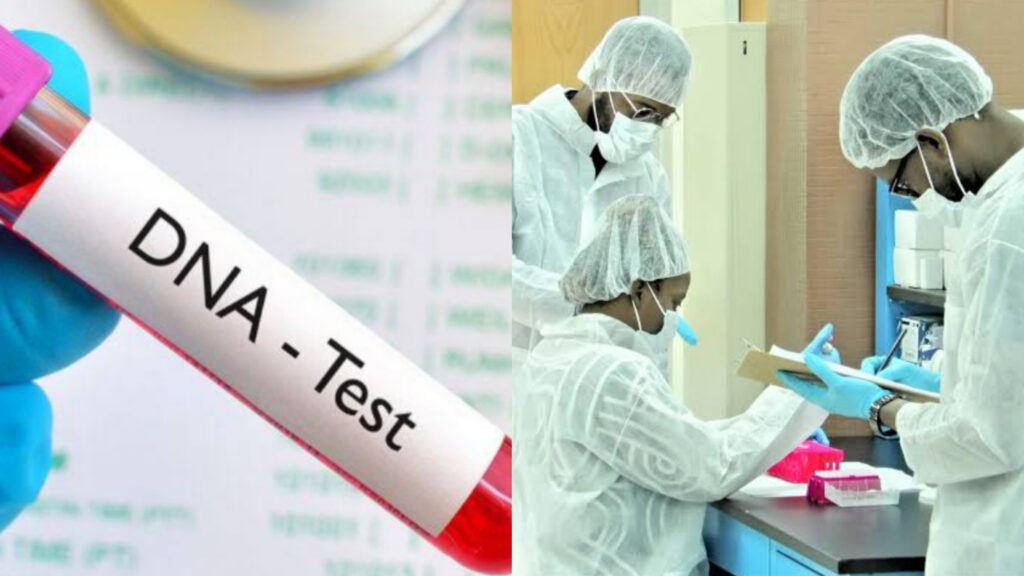Smart DNA, a prominent DNA testing center based in Lagos, has released its comprehensive 2024 report, shedding light on the evolving DNA testing landscape in Nigeria.

The report, which covers data from July 2023 to June 2024, reveals significant trends in paternity testing and DNA tests for immigration purposes, providing a stark reflection of societal and economic dynamics in the country.
One of the most startling findings from the report is that 27% of paternity tests conducted during this period returned negative results. This indicates that more than one in four men who underwent DNA testing discovered they were not the biological fathers of the children in question. The report highlights how paternity testing has become an increasingly sought-after service, often unveiling complex and sensitive family dynamics.

Beyond paternity issues, the report notes a substantial rise in DNA testing for immigration purposes. This surge is largely attributed to the growing number of Nigerians seeking opportunities abroad, with DNA tests often required to confirm familial relationships in immigration cases. The trend also suggests that an increasing number of parents with dual citizenship are initiating the emigration process for their children, reflecting Nigeria’s economic challenges and the desire for better opportunities overseas.
Lagos emerged as the dominant region for DNA testing, a reflection of the economic disparity within Nigeria. According to the report, a staggering 73.1% of all DNA tests were conducted in Lagos, with a majority (67.5%) taking place on the Mainland, while 32.5% occurred on the Island. This regional dominance underscores Lagos’s status as Nigeria’s economic hub, where access to advanced medical services, including DNA testing, is more readily available.
The report also provides insights into the ethnic distribution of DNA tests, with the Yoruba ethnic group accounting for 53% of the tests conducted. The Igbo followed with 31.3%, while the Hausa ethnic group accounted for only 1.20% of the tests. This distribution may reflect the population densities of these ethnic groups in Lagos and their varying access to or interest in DNA testing services.
Smart DNA’s 2024 report paints a vivid picture of how DNA testing is increasingly becoming a critical tool for both personal and legal matters in Nigeria. As more individuals seek clarity on paternity and navigate complex immigration processes, the demand for DNA testing is likely to continue growing. This trend also highlights the ongoing socio-economic challenges faced by many Nigerians, driving them to seek validation and new opportunities through DNA testing.

For anyone interested in understanding the implications of these findings, the report offers valuable insights into the intersections of technology, family, and migration in modern Nigerian society.














